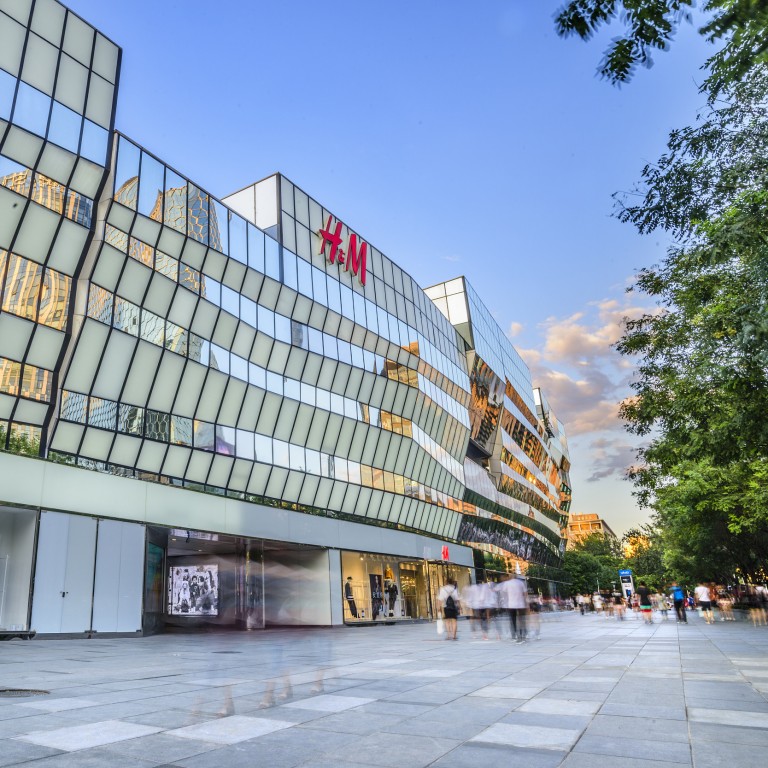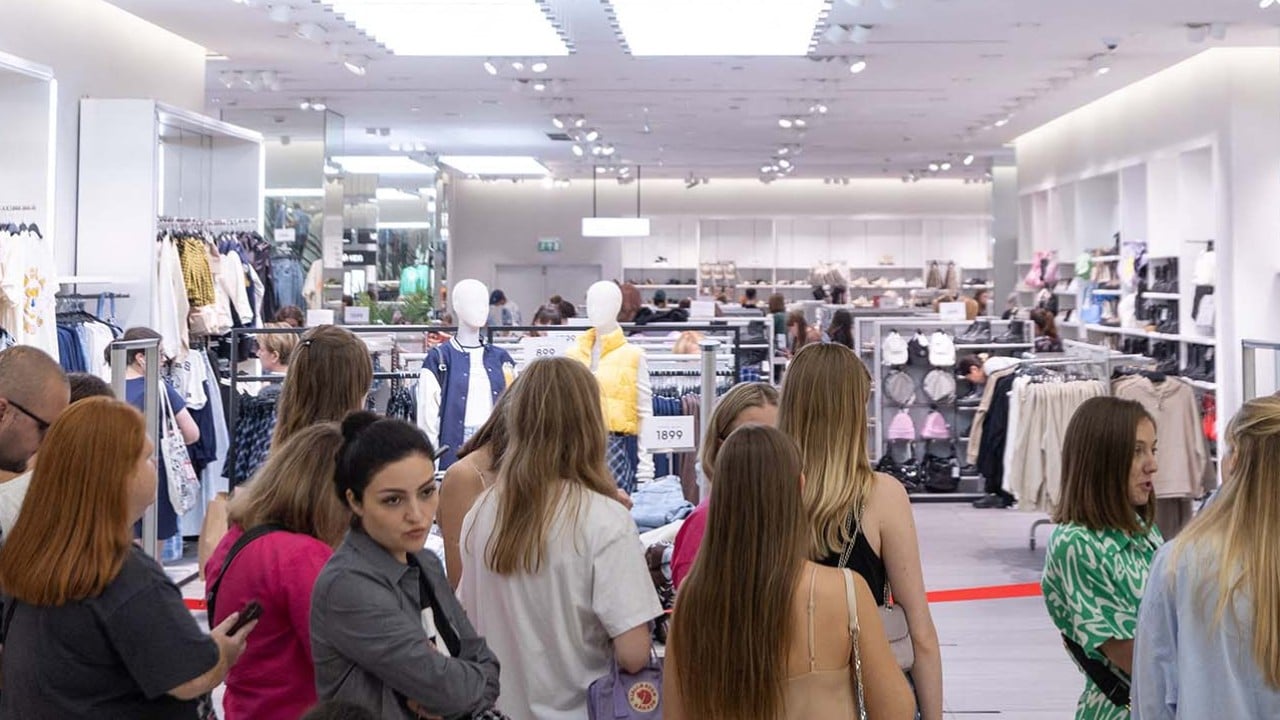
H&M shuts flagship store in Beijing’s Sanlitun district a year after closing Covid-hit Shanghai shop
- Brand to ‘explore new sites in Beijing and other Chinese cities to establish brand new flagship stores’
- The closure of H&M’s Sanlitun store comes almost a year after it shut a shop in Shanghai’s Middle Huaihai Road
The brand has chosen not to renew its 10-year contract, which expires this year, with landlord Swire Properties. The store, which opened in 2014 and marked a golden era for H&M in China, occupies 1,200 square metres and has shaped Sanlitun’s skyline for nearly a decade.
H&M will, however, “explore new sites in Beijing and other Chinese cities to establish brand new flagship stores”.
“China has always been one of the most important markets for H&M,” the company said in a statement on Monday. “As the digital transformation of retail continues and customer shopping habits change, we will continue to optimise our store portfolio to best match each market.”
China’s strict zero-Covid policy might have hurt H&M’s business, but the brand also faced a nationalist backlash last year after it announced that it would stop using cotton sourced from China’s Xinjiang region.
The brand said its stores reduced in number from 506 in 2017 to 445 in 2021. Moreover, last year, this tally fell to 360 stores, according to GeoHey, a Chinese market monitoring agency.
Globally too, H&M’s stores have declined from 5,076 in 2019 to 4,456 in 2022. The company said it would shut more stores in “mature markets” this year.
In February, H&M announced its full-year results for the 2022 financial year, reporting net sales of 223.5 billion Swedish krona (US$20.5 billion), a 6 per cent year-on-year increase.
However, net profit plummeted 68 per cent to 3.5 billion Swedish krona. Helena Helmersson, H&M’s CEO, said the performance was strongly influenced by geopolitical situations and inflation.
“Our decision to wind down the business in Russia, which was an important and profitable market, has had a significant negative impact on our results,” Helmersson said in a results statement.
Other fast-fashion companies such as Zara and Gap have also faced challenges in mainland China, where they have closed stores in several cities. Gap, for example, sold its Chinese business to Baozun, a Shanghai-based e-commerce platform.
And other firms in the industry such as Bershka, Pull&Bear, Stradivarius and Old Navy have exited the mainland.
Japanese fast-fashion brand Uniqlo will, however, open around 100 new stores in mainland China this year. According to Tadashi Yanai, the founder of Uniqlo, the company will set up 3,000 stores in China.
Swire Properties, meanwhile, said it was finalising a rental agreement with a new tenant for the Sanlitun site, but did not give any further information.


